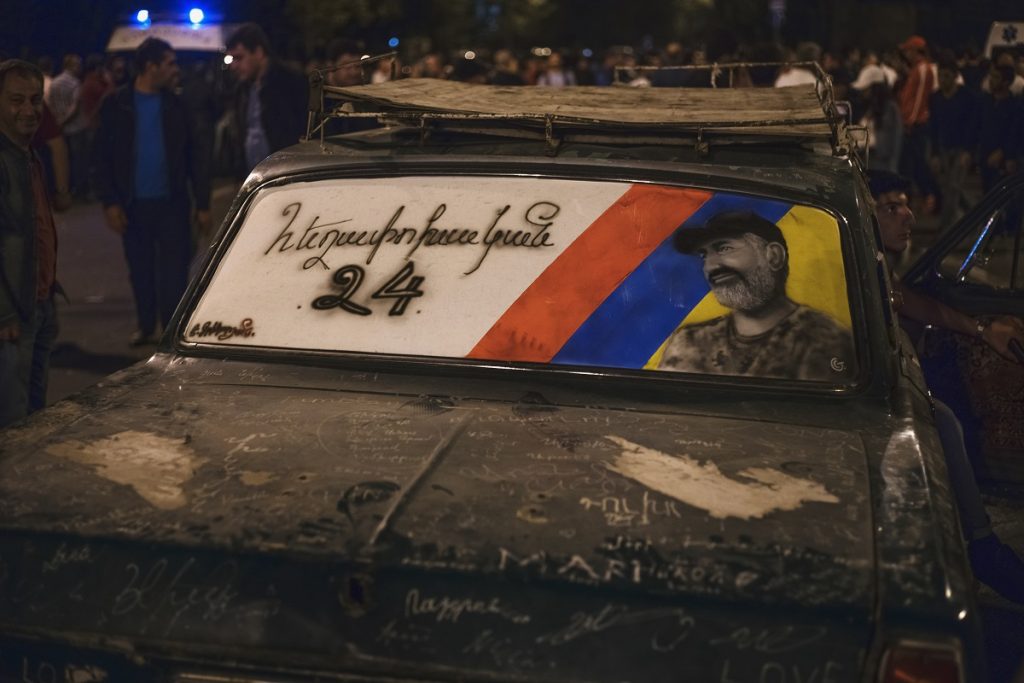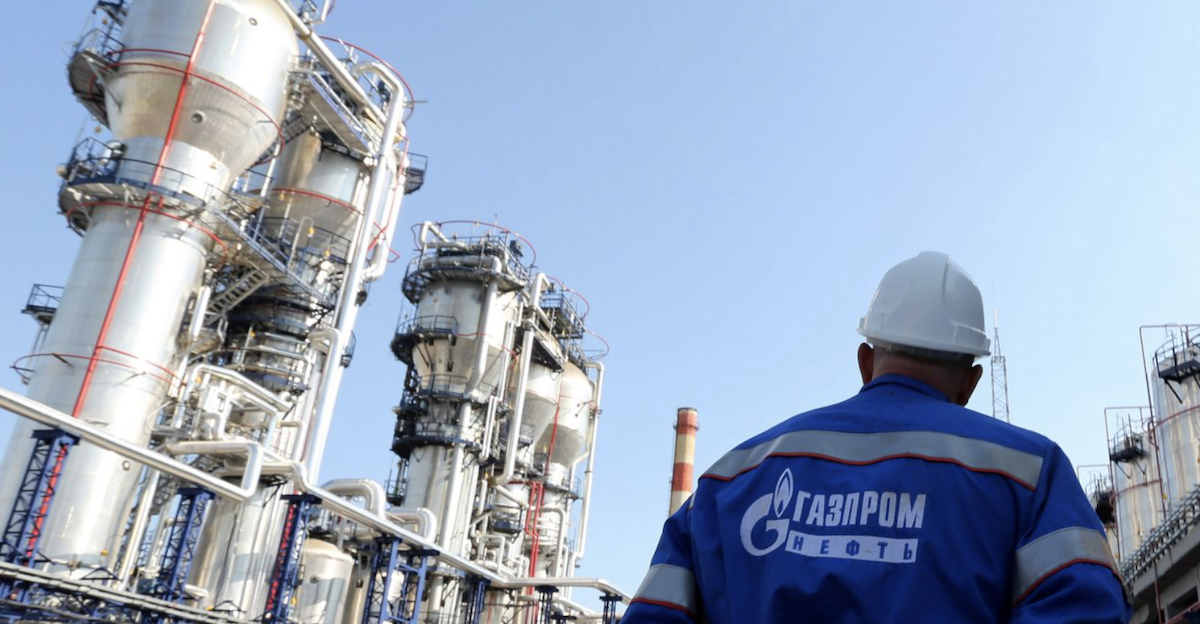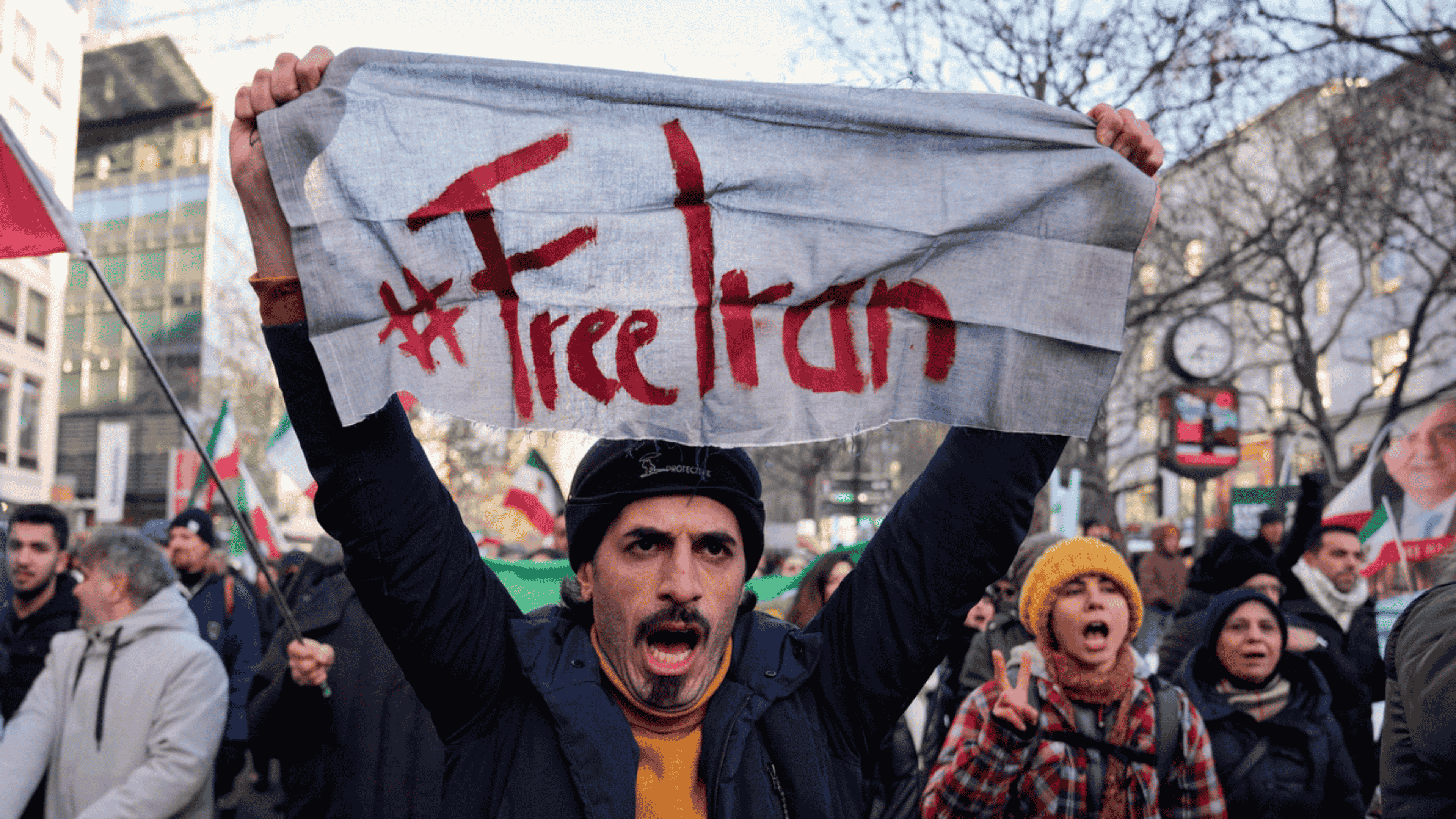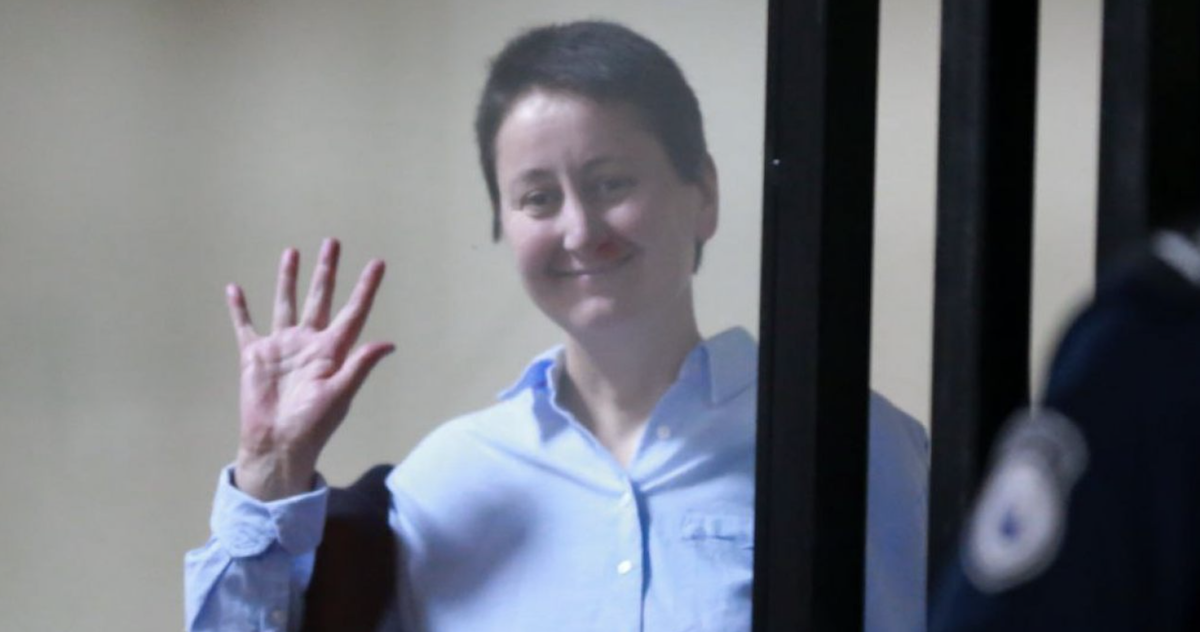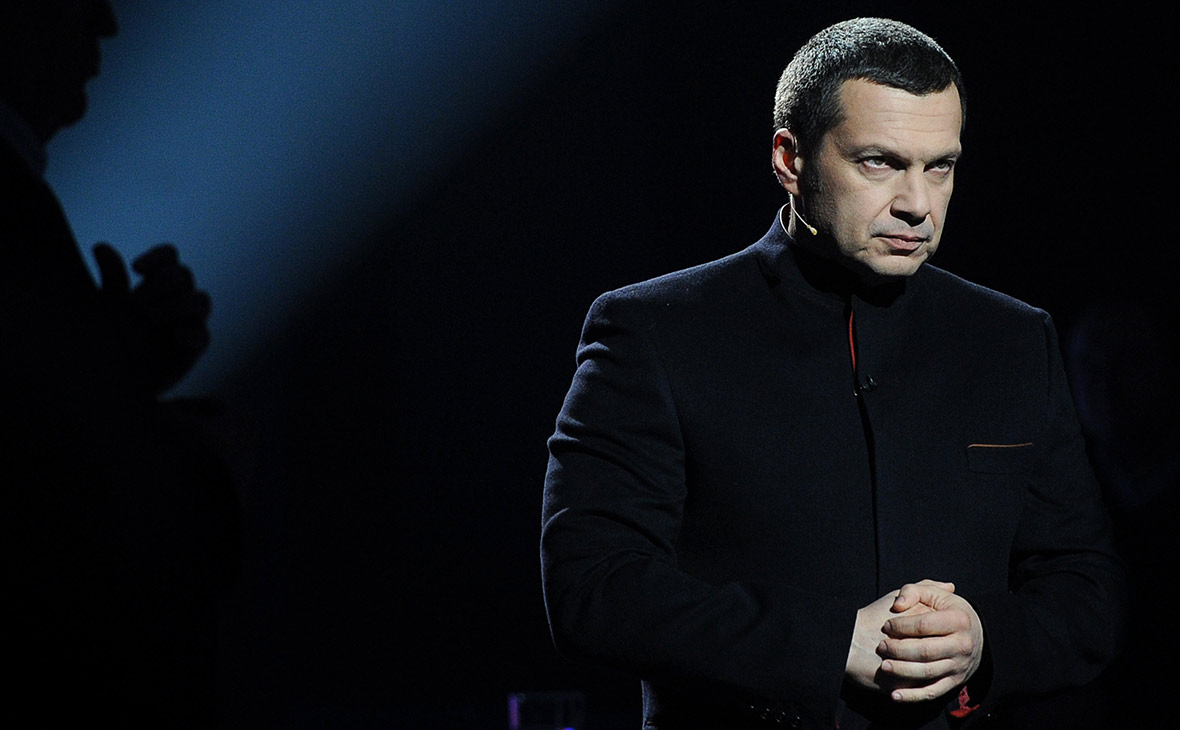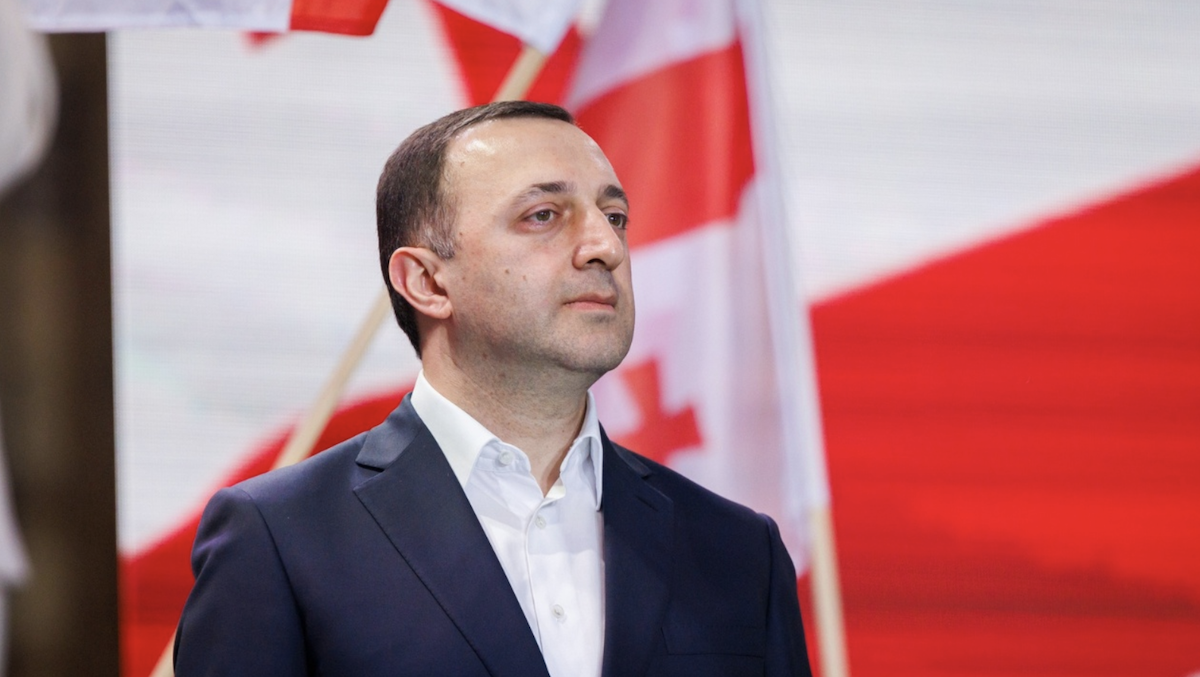Armenian pundits sound off on gov't decision to nix snap elections
The Armenian authorities themselves offered to hold early parliamentary elections in 2021 in order to resolve the political crisis of the turmoil in the country following the end of the second Karabakh war – and then recently abandoned the idea altogether.
Government authorities explained that the reason why they decided not to go through with early parliamentary elections is that neither the society nor the opposition responded positively to it.
The crisis in Armenia erupted after Prime Minister Nikol Pashinyan along with the presidents of Azerbaijan and Russia signed a ceasefire agreement that put an end to the Karabakh war on November 9, 2020. The opposition immediately reacted by saying that Pashinyan decision to voluntarily surrender the disputed territories was nothing but a criminal conspiracy, and demanded his resignation.
Pashinyan responded by saying that it was the people’s decision to let him take on the PM’s office, which is why he will only leave once the results of the next elections are in. Pashinyan then went on to propose early parliamentary elections in 2021.
Armenian experts discuss what led the government authorities to change their minds about early parliamentary elections, as well as how should the opposition respond, whether or not it will be able to unite, who can lead it, and who is supported by external players, specifically by the Kremlin.
- Armenian gov’t backs away from early elections
- Moscow or Brussels? Why Armenian PM Pashinyan has been stamped as a pro-Western politician
Boris Navasardyan, President of Yerevan Press Club
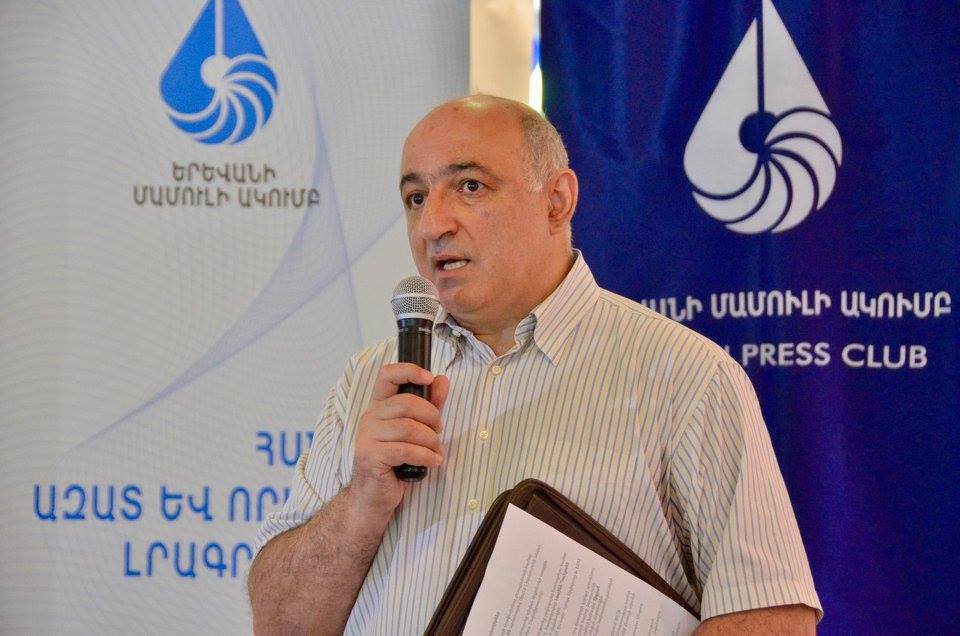
“The government’s proposal to hold early elections is a tactical move. Government authorities realized that the opposition would not support this idea unless both the prime minister and the government resign. Therefore, they had to show society that they are fully prepared to hold early elections, and yet, at the same, they unexpectedly backed away from them, all because the opposition ‘was not interested enough’.
In fact, it is the government that is not very interested in holding those elections, since their outcome can be unpredictable. There is a need for early elections, and the government authorities should have resigned on November 10 [ed. immediately after the signing of the trilateral ceasefire agreement].
“A transitional, non-partisan, neutral government should have been formed. It should have maintained the functions of a parliamentary majority and consist of people who would be able to deal with the issues that the country was and still is facing in domestic and foreign policy. The kind of people who would be truly able to solve pressing social and economic problems, instead of trying to score some political points amidst the upcoming early elections.
“Thus, all political forces, including the ruling My Step faction, could prepare for the elections, regardless of how the country was governed. Unfortunately, such a noble decision was impossible for our political elite to make. Both the opposition forces and the ruling party failed to understand the benefits that it had to offer. Our authorities do not want to resign.
“As it turns out, these people are not worthy of the revolution that took place in Armenia in 2018. They perceived the revolution solely as a way of improving their own lives, and not as a chance for our country to move forward.
“Given the fact that our society is in a state of apathy, and Armenia, as a state, is accustomed to living under conditions of a government that is not trusted and lacks legitimacy, government authorities can easily hold the next elections in 2023 and stay in power until then. In that case, everything will depend on how other political forces choose to act.
“External influence plays a very important role in one’s ability to maintain power. In recent months, external players were not too keen on supporting any other political players as their approach, especially Moscow’s approach, is quite pragmatic. The Kremlin realizes that should an alternative political leader come to power, it would be necessary to provide them with some serious bonuses and a great degree of support.
“With the current government, however, there is no need to make any promises or help them in any way, as it will continue to act in Russia’s best interests anyway.
“For example, some serious external support is required for ex-President Robert Kocharian to ensure that early elections are held in 2021.
“Kocharian and other members of the opposition are trying to send some signals to Russia, but as for now, they receive no response, and no response is received from the Armenian society either.
“Our opposition, including Robert Kocharian, can hardly count on the support of citizens but it can take advantage of the dissatisfaction of citizens with the lack of a solution to the pressing socio-economic problems, as well as dissatisfaction with the general policy of acting government.
“The opposition cannot use the techniques that Nikol Pashinyan used during the 2018 revolution. The society did not know Pashinyan and his team as statesmen and politicians, however, what people did know was that unlike the former authorities full of vengeful tendencies, Pashinyan’s team could offer some hope and make some preferable promises.
“In this sense, Pashinyan’s current opponents are in a worse position, since they have already managed to disappoint people once or twice, which means that Armenian society has little faith in their ability to make a meaningful change”.
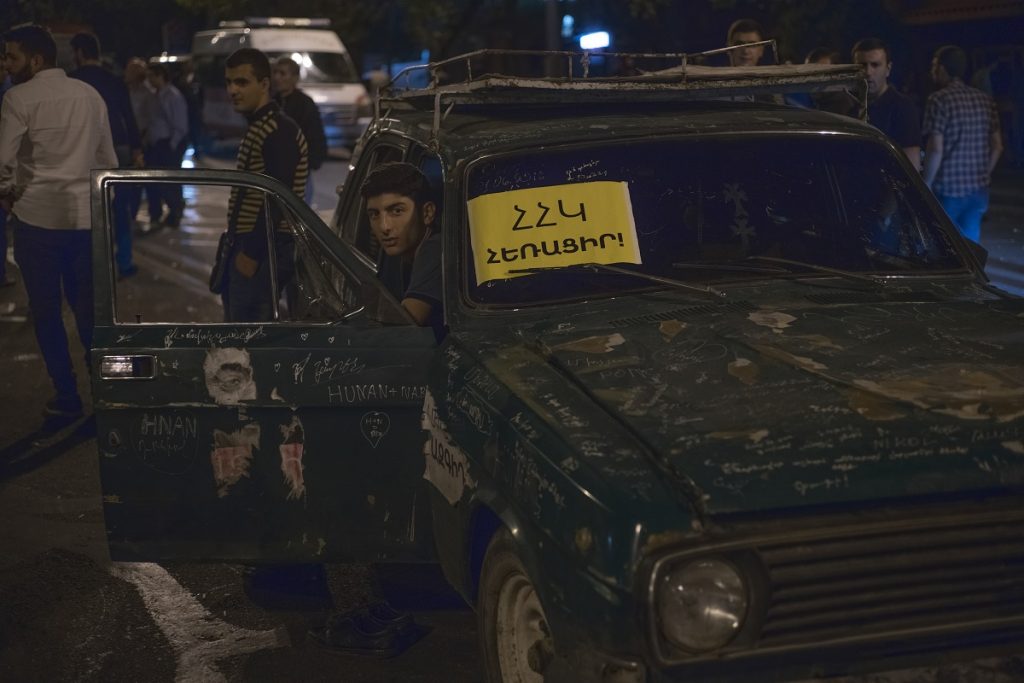
Hakob Badalyan, political observer for platform Lragir.am
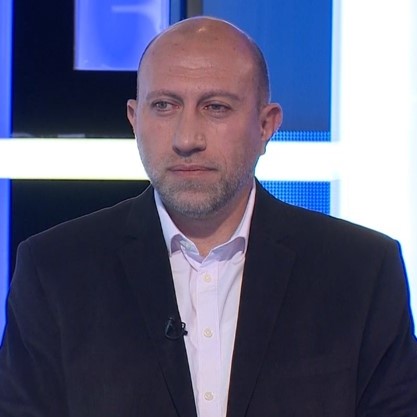
“Holding early elections can make sense if all the main forces unanimously support this idea and agree to take all the discussions away from the streets and into the electoral field. Everyone should agree to recognize and accept the legitimacy of the election results, as in that case status quo will be restored, and the country’s political life can continue uninterrupted.
However, by announcing that the protests will resume starting from February 20, the opposition showed that it is not ready to compromise and prefers to apply more pressure instead. of tough pressure. In response, government authorities decided to raise the stakes by telling the opposition: “If you refuse to end the protests, we will give up on the proposed elections”.
It is necessary to keep in mind that the united opposition parties, which are usually referred to as ’17+’, do not have a unanimous position on the matter. For example, former President Robert Kocharian said that he would participate in early elections regardless of what might happen in the future, while ex-President Serzh Sargsyan refused to participate in the elections unless Pashinyan resigns.
By removing the possibility of early parliamentary elections from the agenda, government authorities simply utilized the lack of agreement within the united opposition bloc for their own benefit. Our internal political life currently revolves around the ‘Kocharyan-Sargsyan-Pashinyan’ triangle.
In turn, by refusing to hold early elections, Pashinyan is trying to play on the disagreement between Kocharian and Sargsyan, as one of them seems to be eager to participate in the elections, while the other one refuses to do so.
It seems like in this case, Robert Kocharian might be the new leader of the opposition. However, many members of the position do not perceive him as such for reasons varying from economic interests to the disagreements that were somehow retained from the days when all of those worked together, in the same apparatus.
We have already witnessed the way in which Robert Kocharian and his team communicated with Serzh Sargsyan and his supporters, especially via their respective media sources – the dialogue was filled with the harshest criticism and various accusations.
Nevertheless, the opposition is very capable of uniting to get to power, however, it will be very difficult to divide it afterward. Even now they are wondering: “If we defeat the acting government, how will we defeat each other when we come to power”? The opposition – with or without a leader – does not enjoy a great degree of support from Armenian citizens, which means that Russia is its only hope.
Pashinyan is aware of this and, by refusing to hold early elections, pushes the opposition back to the streets, where the opposition has already failed to achieve what it was demanding. The street is a weak spot for the opposition and strong leverage for revolutionary Pashinyan.
In recent years, Russia has been facing some serious problems in terms of regional geopolitics, and it is sometimes forced to play on Azerbaijan and Turkey’s side. Russia is well aware that such allegiances will be perceived negatively in Armenia, Therefore, they would prefer not to support an Armenian leader that can be directly linked to the Kremlin, such as Kocharyan, for example.
Should this ever occur, Russia will no longer be able to blame an Armenian leader for whatever is going on in the country and for spoiling the Armenian-Russian relations. From this point of view, Pashinyan is Moscow’s most preferable option.
It is clear that there is no chance that for early elections to be held until June. Nevertheless, the situation is changing as new political players arise, and not only in Armenia but in the region as a whole. It is possible that at a convenient opportunity, Pashinyan will say: “Now we are going to hold the elections” since the society is already calling for them today”.
